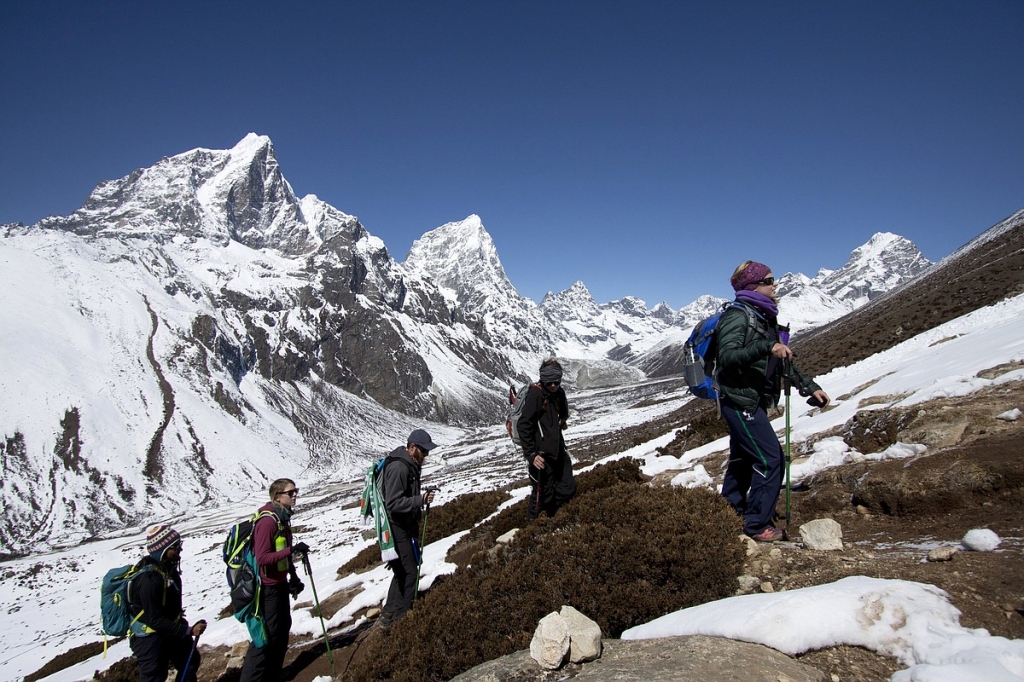Nepal mulls new Everest restrictions
Mohan Sapkota, a spokesman for the Himalayan country’s ministry of tourism, said Tuesday that the government is mulling barring very young and very old climbers, as well as people with disabilities.
Sapkota said that Everest should be a place of adventure, “not death”.
The regulations could have a negative effect on a major source of revenue for the impoverished country, which generates millions of dollars through selling climbing permits.
According to ABC News, the proposal came five months after an avalanche was triggered by a massive quake that killed 18 people at Everest base camp. “We want to make the mountains safer for everyone, so we have to insist on a few rules”.
Every year about 600 climbers go to Nepal with the intention of taking on Everest, and in recent years, there has been an increase in the number of novices, relying heavily on guides to scale the 8,848-metre summit. But while it has created a multimillion-pound industry with inexperienced climbers paying guiding companies tens of thousands of pounds to be taken to the top, there have also been problems with overcrowding.
“We don’t think we should issue permits to people who can not see or walk or who don’t have arms”, tourism department chief Govinda Karki told AFP news agency.
Nepal now bans people under 16 from attempting to climb Everest, but has no upper age limit.
The ministry, which has the authority under Nepalese law to set conditions for climbing permits, is also considering setting minimum and maximum age limits for climbers, and rejecting those who are visually or physically disabled.
Many of those who visited Everest this year did not attempt to scale the mountain following the avalanche.
“Climbing Everest is not a joke… it is not a matter of discrimination”.
Nobukazu Kuriki, the only climber to try to summit Everest this year, lost nine fingers to frostbite in 2012 on Everest.
More than 4 000 climbers have reached the summit since 1953, when the New Zealander Edmund Hillary and Sherpa mountaineer Tenzing Norgay became the first to achieve the feat.
Ang Tshering Sherpa, president of the Nepal Mountaineering Association, told the Guardian that he doubted any of the proposed rules would be implemented.








